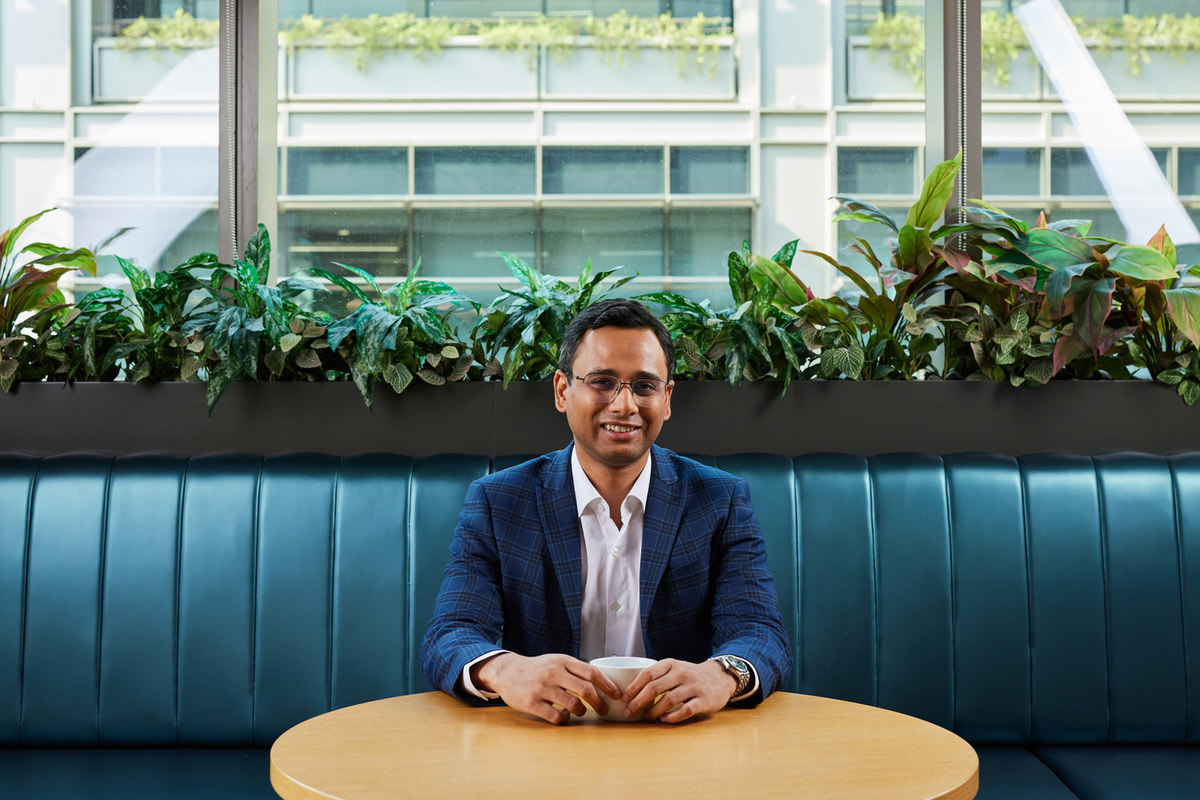RIYADH: When Saudi Arabia launched the General Entertainment Authority in 2016, skeptics were doubtful about its outcome as the Kingdom was just taking its nascent steps in the sector.
Today, Saudi Arabia stands at the forefront of leisure and entertainment in the Middle East and North Africa, driven by ambitious investments and strategic initiatives under Vision 2030.
Under this program, the Kingdom aims to inject $64 billion into the industry by the end of the decade, accompanied by the creation of over 100,000 jobs.
From sprawling entertainment complexes in major cities to a thriving cinema sector, Saudi Arabia exemplifies how determined regulatory policies can transform a nascent industry into a pillar of economic growth and cultural development.
“Driven by the launch of Vision 2030, Saudi Arabia’s entertainment landscape has flourished rapidly,” said Devanshu Mathur, managing director and partner at Boston Consulting Group.
“This transformation was initiated by the reopening of cinemas across the Kingdom in 2018, followed by the establishment of various entertainment offerings in 2019, such as Saudi Seasons and Boulevard Riyadh City, and the introduction of annual live music events like MDL Beast.”
SEVEN’s expansion

Play-Doh-themed entertainment centers will be rolled out across the Kingdom. File/supplied
A pivotal milestone in Saudi Arabia’s entertainment journey was the establishment of Saudi Entertainment Ventures, also known as SEVEN, in 2017.
Backed by the Kingdom’s Public Investment Fund, the company is set to invest $13.3 billion with international partners to develop 21 comprehensive entertainment destinations featuring over 150 attractions across 14 Saudi cities by the decade’s end.
In 2023, SEVEN acquired AMC Entertainment Holdings’ 85 cinema screens in Saudi Arabia, solidifying its commitment to enhancing the Kingdom’s cinematic landscape.
“The acquisition of AMC’s stake in Saudi Arabia reflects SEVEN’s long-term strategy of bringing unparalleled experiences to the people and visitors of the Kingdom and contributing to the Saudi Vision 2030 goals,” said Abdullah Al-Dawood, chairman of SEVEN, at that time.
In the same year, the company also signed a landmark agreement with Hasbro Inc. to introduce Play-Doh-themed entertainment centers nationwide, aimed at nurturing creativity among children while providing engaging family experiences.
Al-Dawood added: “Children will be able to learn while having fun at our Play-Doh centers located at SEVEN entertainment destinations.”
The centers will feature multi-level playscapes, creativity stations and sensory discovery activity spaces, as well as a café spot for parents to pass their time.
“SEVEN is currently in its advanced stages of development. This initiative focuses on developing innovative entertainment experiences across multiple regions in KSA, targeting residents and domestic tourists,” said Boston Consulting Group’s Mathur.
In May, Qiddiya Investment Co., owned by PIF, merged with SEVEN as part of Saudi Arabia’s broader strategy to enhance its entertainment ecosystem and accelerate the construction of the multi-billion-dollar project.
Commenting on the incorporation, Al-Dawood at that time stated that the move supported their efforts to promote a culture of playfulness and joy among all members of society, including citizens, residents, and visitors, thereby contributing positively to societal well-being.
He added: “The step also aims to nurture knowledge, skills, and creativity among individuals, ultimately targeting to create a new concept of fun and improving quality of life through the development of an integrated and unprecedented entertainment system.”

Devanshu Mathur, managing director and partner at Boston Consulting Group. Supplied
Cinematic evolution
Since the opening of the first cinema hall in the Kingdom in 2018, the sector has continually evolved, with the industry generating around $240 million in 2023.
Mathur explained: “The number of cinema screens in Saudi Arabia has surged from zero to over 600, reflecting substantial growth in infrastructure. The cinema market has seen the entry of multiple global and regional players into the Kingdom.”
He added: “Saudi Arabia’s box office market is the 15th largest in the world.”
Moreover, in 2020, Saudi Arabia was the only cinema market worldwide to record box office gains, successfully doubling the number of theater screens despite the challenges posed by the COVID-19 pandemic.
“The expansion of cinemas extends beyond major cities to include 22 cities across the Kingdom. These developments underline Saudi Arabia’s rapid progress in establishing a robust and thriving cinema industry,” the Mathur added.
In February, the Kingdom’s MEFIC Capital launched the Saudi Film Fund with a capital injection of $100 million, 40 percent of which comes from the nation’s Cultural Development Fund.
This initiative aims to elevate local productions to international standards and marked the Cultural Fund’s inaugural investment venture.
Global opportunities
Foreign companies seeking to enter Saudi Arabia’s entertainment sector have vast opportunities due to the industry’s nascent stage, according to a Boston Consulting Group analysis.
The consulting firm highlighted opportunities across the entire value chain of the Kingdom’s entertainment market, from design and development to operations.
“Some companies have imported their existing entertainment brands and concepts to the Saudi market, leveraging their reputation and operational expertise,” said Mathur.
Notable examples include Majid Al Futtaim’s VOX cinemas and Magic Planet entertainment centers, which have successfully introduced their renowned brands to the Kingdom.
He added: “Some companies and brands look to partner with local development companies and license their intellectual properties to capitalize on their popular IPs while expanding their market reach. An example here would be what we’re observing with Dragon Ball in Qiddiya City or Mattel with SEVEN.”
Boston Consulting Group noted that Saudi Arabia’s entertainment sector is set for significant growth with major projects like Qiddiya City, an expansive entertainment, sports, and cultural destination near Riyadh.
The destination will feature assets such as Dragon Ball and Six Flags theme parks, the largest water park in the Middle East, and numerous other world-class attractions.
“These landmarks are expected to attract millions of visitors annually, including residents and domestic and international tourists, establishing Saudi Arabia as a global entertainment hub,” concluded Boston Consulting Group.
Saudi Arabia’s rapid transformation into a global entertainment hub underscores its commitment to economic diversification and cultural growth.
With ambitious projects like Qiddiya City and SEVEN’s extensive developments, the Kingdom is set to attract millions of visitors, solidifying its position as a leader in the entertainment industry.
This strategic vision not only enhances the quality of life for its citizens but also positions Saudi Arabia as a premier destination for global entertainment and leisure.













